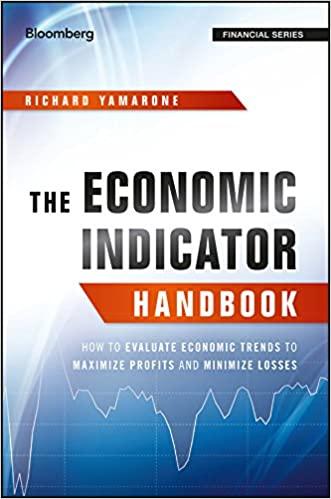
Flounce plans to organize a new business venture as a corporation and wants to know if it is more tax efficient to be an S-Corporation or C-Corporation. Flounce projects the business will generate $200,000 in taxable income annually. Flounce's marginal tax rate is 37% for ordinary income and 20% for qualifying dividends and long-term capital gains. Flounce has income from other sources which also subjects her to the 3.8% net investment income tax. Flounce projects that the new business will distribute 100% of its after-tax earnings every year to its shareholders. Flounce's only involvement with the entity will be as a capital investor. That is, Flounce will not be actively engaged in business activities and is considered a passive investor. Finally, any business income allocation from a flow-through entity will qualify for the qualified business income deduction without any limitation. a) Compute Flounce's after-tax income if the corporation is organized as an S- Corporation and as a C-Corporation. b) What are the overall tax rates (combined owner and entity level) if Flounce organizes the business venture as either an S corporation or a C corporation? c) Should Flounce form the business venture as an S-Corporation or C-Corporation? d) Flounce adamantly believes that the business venture should be formed as a C- Corporation since the C-Corporation tax rate is less than her individual marginal tax rate on ordinary income. Please explain to Piper why this assumption is correct or incorrect. Flounce plans to organize a new business venture as a corporation and wants to know if it is more tax efficient to be an S-Corporation or C-Corporation. Flounce projects the business will generate $200,000 in taxable income annually. Flounce's marginal tax rate is 37% for ordinary income and 20% for qualifying dividends and long-term capital gains. Flounce has income from other sources which also subjects her to the 3.8% net investment income tax. Flounce projects that the new business will distribute 100% of its after-tax earnings every year to its shareholders. Flounce's only involvement with the entity will be as a capital investor. That is, Flounce will not be actively engaged in business activities and is considered a passive investor. Finally, any business income allocation from a flow-through entity will qualify for the qualified business income deduction without any limitation. a) Compute Flounce's after-tax income if the corporation is organized as an S- Corporation and as a C-Corporation. b) What are the overall tax rates (combined owner and entity level) if Flounce organizes the business venture as either an S corporation or a C corporation? c) Should Flounce form the business venture as an S-Corporation or C-Corporation? d) Flounce adamantly believes that the business venture should be formed as a C- Corporation since the C-Corporation tax rate is less than her individual marginal tax rate on ordinary income. Please explain to Piper why this assumption is correct or incorrect







